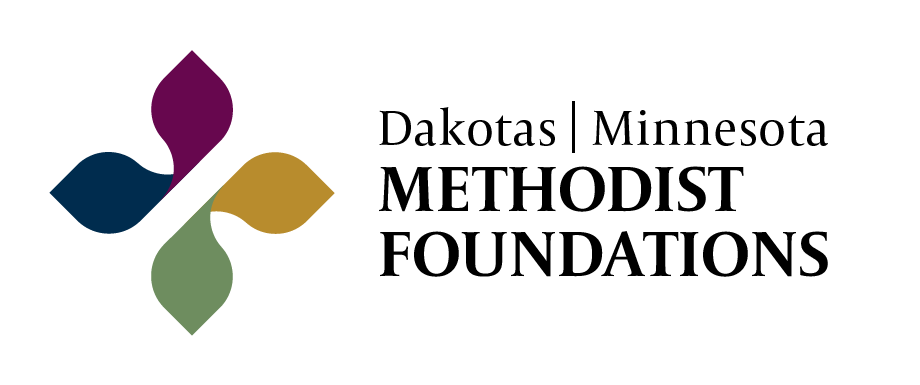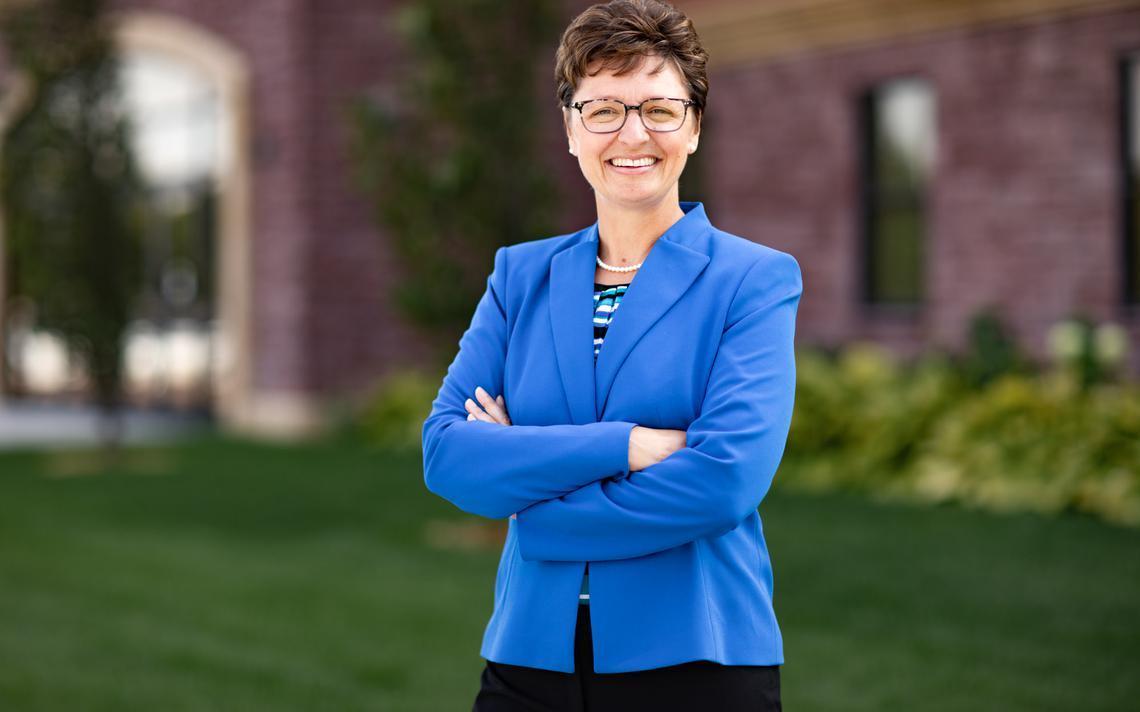
Entering our discomfort zone

President Amy Novak. DWU file photo.
Over the weekend, I, a white-middle-age woman, spent considerable time reflecting on the events surrounding the tragic death of the 46-year-old black man from Minneapolis, George Floyd. In many conversations, my black young adult children have shared with me their perspective. People stopped me in the grocery store wanting to know my opinion. Some community members remarked, “We just need to move on.”
Talking about race in a small, predominantly white community is difficult. Unsure of what to say, we feel awkward. Many of us may feel disconnected from racism because we don’t experience it. It is not a stretch to state that most people in our community may not know any black people, either as a casual acquaintance or a close friend. White Americans often suggest we are “color blind.” We mean that we “treat people equally”; we “don’t see color.” An often well-intentioned notion, we may discover that we define “color” by our “white” terms. Unfortunately, claiming “color blindness”may shield us from confronting our own fears that lead to bias and discrimination.
As a white woman, even as a white parent of black children, I will always be incapable of fully understanding the experience of being black. I do appreciate that looking through a black person’s lens, a “color blind” world does not exist, because for the most part, a person of color lives in a world where opportunities many of us take for granted fall outside a color spectrum they can see or experience. But far more egregious than “opportunity” is the deprivation of the basic human need to feel safe, secure.
My husband says when he had “The Talk” with our black son, it was a necessary, but sad moment. “The Talk” is when, usually a black parent, has to tell his or her child that he can’t run through a parking lot after dark, or wear a hoodie when the sun goes down, and to remember to keep his hands on the steering wheel if he gets pulled over for speeding and never make any quick moves to get the proof of car insurance. The “Talk” explains that most police officers have the highest sense of integrity, and these officers take their oath with honor and sincerity. “But, please son realize that you will not be seen by some law enforcement the same way as your white friends.” When a white father tells his black son this, it cuts both of them. I also know that there are noble, well-intentioned police officers who are angered by what happened, and who are hurt by the misrepresentation of their profession.
Solidarity is more than cheering from the sidelines or posting a social media message of support (which I did). Solidarity is also not violence, or arson, or looting. Instead, solidarity requires me to stand with the marginalized. Greg Boyle calls this “radical kinship.” Radical kinship starts with recognizing that I am different from you. I will never be able to experience life as a person of color. I must start by telling my black children, “I can’t tell you what it is like to be black in America. But I know this, I love you, and I will stand with you. And, my hope for you is that you will always have the courage to love those different from you.”
Suggesting that we just “move on” will not help solve the challenges that lie before us. If we truly want to work to solve these problems, we need to be willing to step outside of our comfort zones, and that may require stepping deep inside of ourselves, to even the shadowed parts of our souls.
If we are truly honest with ourselves, then we need to try to answer this question: “Why do I want basic human rights of legal justice, security, education, employment, shelter, and social contribution for people who are not like my race, my gender, my citizenship, my sexual-orientation, my mental and physical health, my age, my language, my religious beliefs, or my political values?” If I answer, “I don’t want everyone to have the same basic human dignities,” then I must begin to wrestle with myself for the good of others, because I am part of the problem, not the solution. We are called to become the change we want to see in the world.
Let us walk alongside each other together toward human dignity for all, not just in a sign of protest, but transformatively, in a commitment to a more cooperative, perfect union.